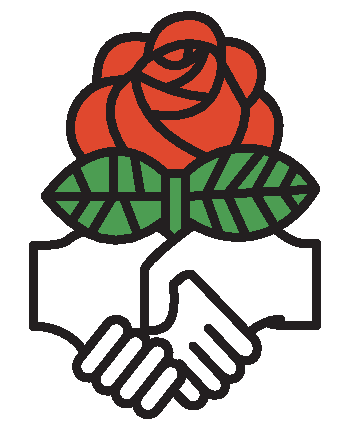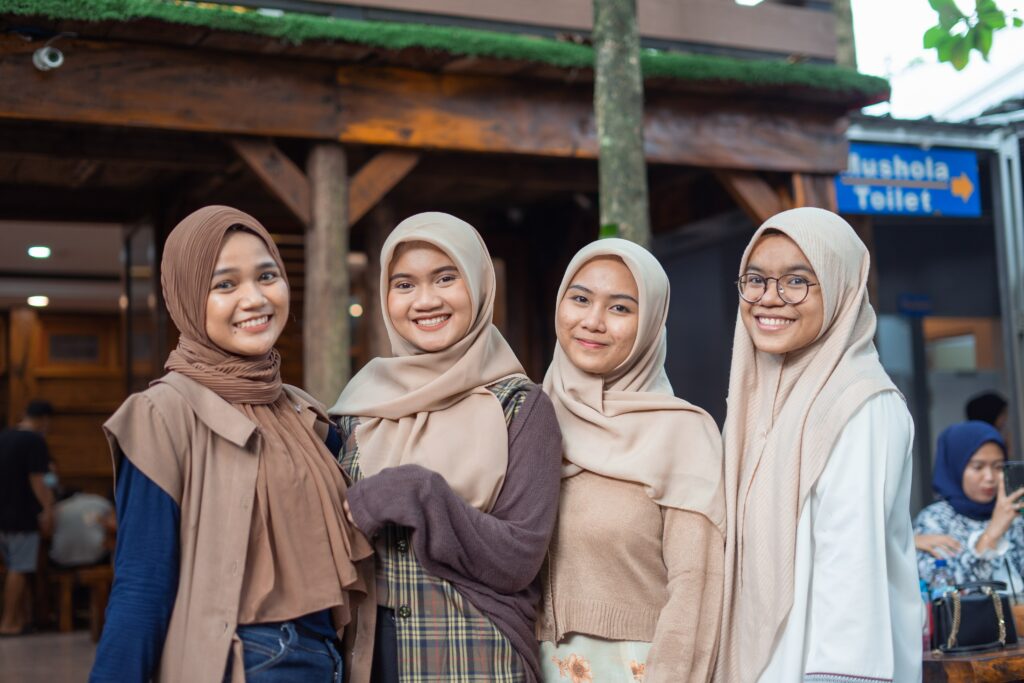Women and the Arab Spring
Istanbul, Turkey, 08 and 09 November 2013
Resolution
Women played a prominent role in the 2010 democracy movements of the Middle East and North Africa known as the Arab Spring. Tens of thousands of women from Tunisia, Egypt, Libya, Yemen, Bahrain and Syria from different backgrounds and generations were organisers, bloggers, speakers and cared for the injured. They demonstrated for the release of family members and publicly celebrated International Women’s Day on 8 March. They put themselves in danger and did not escape the human cost of these uprisings.
However as demands were made for new institutions women were left out. The equal representation of both genders during the demonstrations has not been reflected in new decision-making bodies and new legislative proposals. Instead new governments, many religiously dominated, which have replaced the ousted political dictatorships, are excluding women from decision-making and are currently drafting policy that actively discriminates against them. And in some states women have been actively threatened with violence in the streets in what appears to be an attempt to exclude them from the public sphere.
In the aftermath of the Arab Spring in Egypt for example, female demonstrators against the now-toppled Muslim Brotherhood, were targeted with extreme violence, assault and sexual harassment in Tahrir Square from 2012 to 2013. In the absence of a police response, a network of male and female citizens formed to protect women activists.
And now in Syria, where the uprising has turned to civil war, women and girls have been fleeing widespread use of rape and sexual harassment as a weapon of war according to the International Rescue Committee. There are reports that snipers have even targeted pregnant women in Northern Syria, killing the baby and often the mother.
Socialist International Women urgently demands that new governments in the Middle East and North Africa work to ensure violence against women is recognised as a violation of human rights, revise national law accordingly in line with international human rights treaties, and enforce legal action against perpetrators.
Politically, representation of women in most new government in the Middle East and North Africa has decreased. In Egypt where women previously held 12 per cent of seats, they now hold two per cent in the military-backed interim government – a result of scrapping of the quota system after the revolution. Although the government has announced 25 per cent of municipal seats are to be reserved for women, there are only 10 per cent women in the Constituent Assembly that is amending the constitution with provisions on religion and the family that may reduce women’s rights.
The absence of sufficient numbers of women in decision-making bodies is leading to discriminatory new policy including a lift on polygamy bans, the marriage of under-age girls, introduction of female circumcision in countries where the practice is totally foreign, and the exclusion of women from the labour market.
In some countries there are hopeful signs of political inclusion but the struggle to reclaim lost ground on gender equality is on-going and there remains much work to be done. Libya and Tunisia used a ‘zippered list’ model in their elections – alternating male and female candidates – that has maintained the number of women in parliament although this does not necessarily translate into non-discriminatory policies.
In Libya, 17 per cent women were elected in its first free elections to serve in Libya’s General National Assembly. However, only two were named to the 33-member Cabinet of the interim government that followed. Women demanded a minimum of 15 seats on the 60-seat Committee to draft the new constitution, but were allocated only six.
In Tunisia, previously a comparative bastion of women’s rights, women gained 23 per cent of Constituent Assembly seats in the 2011 election. However forty-two of the 49 women are members of the Islamist Ennahdha party. Consequently the Constituent Assembly attempted to reverse the equality article enshrined in the constitution six decades ago and replace it with a new concept where women would ‘complement’ men instead. Women’s rights organisations successfully campaigned against this. However Tunisia still has discriminatory laws that do not recognize marital rape or emotional abuse. For example, if a stranger rapes a woman, proceedings against the accused can be dropped if he agrees to marry the victim.
Representative democracy is not entitled to its name if it omits half the population. If women do not have representatives, they are effectively under the rule of men. Socialist International Women demands that new Middle East and North African political systems ensure the equal participation of women in all walks of life, including and especially in local and national politics.
Socialist International Women supports the demands of Egyptian women’s organisations for the revision of their country’s constitution to enshrine a quota for female seats in parliament and executive decision-making, and urges all new governments in the Middle East and North Africa to apply this principle in their constitutions. In support of this, the international community must implement a global policy towards the Middle East and North Africa that supports conditions for democratisation in which women are equally represented.
Socialist International Women therefore urges all sides involved, in particular governments led by socialist and social democratic parties and all member parties of the Socialist International to:
confirm its full commitment with progressive Arab women in their struggle for political equality, in terms of both equal rights and equal participation in decision-making;
dissociate the affairs of the state from the domain of religious beliefs is an essential condition for the fostering of democracy, the ensuring of fundamental freedoms and basic human rights on the basis of equality for all, without reference to race, ethnicity, gender, sexual orientation or religious beliefs;
reaffirms its support to the implementation of UN Security Council Resolution 1325, which emphasizes the importance of women’s participation in peace and democratisation processes;
support and help progressive Arab women to organise nationally and regionally and encourage the building of true democracies committed to promoting the empowerment of women in all spheres of life and free from all forms of discrimination which goes hand in hand with the socio-economic development of these countries;
enshrine women’s equality in the new constitutions of countries in Middle East and North Africa, and specifically a minimum of 30 per cent quota for women decision-making and governing bodies;
urge international donor countries to invest in long-term development programmes that change practices that are a barrier to women’s participation in public life and support initiatives that bridge the religious-secular divide;
voices its great concern at the repression, physical violence and other ill treatment suffered by the citizens of Syria, and which affect women in particular;
ratify and enforce all relevant regional and international treaties to protect women against gender-based violence in the aftermath of the Arab Spring and
reiterate the importance of promoting women’s organisations in the Mediterranean region, the Caucasus and the Middle East, with a view of exchanging ideas and experiences that will strengthen solidarity between women of these regions and promote a culture of peace and coexistence.
_______________

